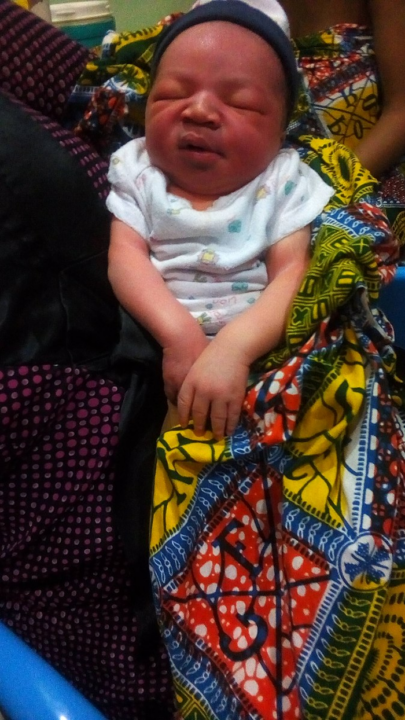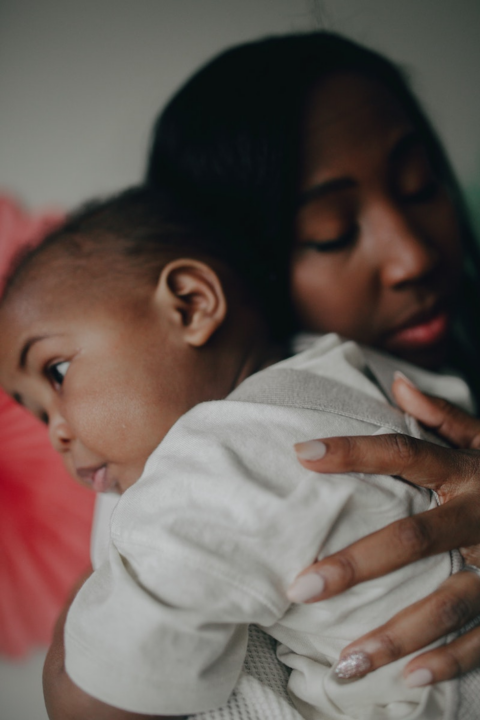Photo by Anna Shvets
The birth of a son or daughter in every couple’s lives is joyful. From conception through pregnancy, couples fuss over every little preparation detail in anticipation of the new addition to their homes.
Caring for a newborn is challenging for any parent; the time and emotional investment into nurturing a child can be exhausting, even for couples, not first-timers. It is even more tasking if the mother has gone through a C-section or is experiencing postpartum depression.
In Nigeria, the Igbo tribe, over generations, has built a custom that provides postpartum care for mothers with newborns called Omugwo.
Omugwo is a traditional Igbo practice where the mother of any of the couples provides postpartum care for the new mother. Drawing on experience, this technique provides much-needed support in helping the mother of the newborn recover quickly, learn a couple of methods for caring for her newborn, and ease into the experience of motherhood.

Igbo baby held by grandmother, with mother in background. Source: Wikimedia Commons
Omugwo can run for up to 1 month or longer depending on the recovery period, availability of the mother to any of the couples, or a request for an extended stay from the couple. This custom is strictly reserved for women.
Taking into consideration that situations might have occurred in the lives of the couples, such as the absence of either of their mothers either by death or the inability of any of them to be present due to location, the custom accommodates an extended female family member standing in, and in some cases, female friends with ties to the family can also fill up the role.
All these are allowed because whoever fills the role has children of her own and is experienced in providing postpartum care. Omugwo is not an exclusive prerogative for single women.
Whoever is present during the Omugwo period prepares the new mother’s meals, guaranteeing continuous milk production for the baby. The caregiver also bathes the baby and continually massages the joint of the newborn. This bathing ritual carries on for a while until the baby’s mother has sufficiently learned enough to be able to take over.

Image: Mother carrying her baby. Photo by PNW Production
The caregiver also takes up house chores during this period as the newborn’s mother can get much rest post-pregnancy recovery. During this period, all that is expected of the newborn’s mother is to eat well, take whatever drug that has been approved by her physician based on complications that might have arisen during birth, breastfeed her baby for the required length of time, and get the much-needed rest.
Every mother whose daughter is expecting relishes this opportunity to visit her daughter after delivery to perform this customary role. As a grandmother, being able to be there for your child and grandchild is a lifelong desire for every Igbo woman.
Also, at the end of the Omugwo period, they are gifted with many items such as traditional wrappers, food items, cash, and loads of other things, which is given as an appreciation from her in-law (Husband to her Daughter). She takes these items home to her husband (Father of the Daughter), who receives them and thanks his in-law.
This custom has been handed down from generation to generation. It is still in practice to this day, ensuring that Igbo women enjoy the best postpartum care, which guarantees their quick recovery and readiness to plunge into the beautiful world of motherhood.

Okechukwu Nzeribe works with the Onitsha Chamber of Commerce, in Anambra State, Nigeria, and loves unveiling the richness of African cultures.
nextquestservices@gmail.com





